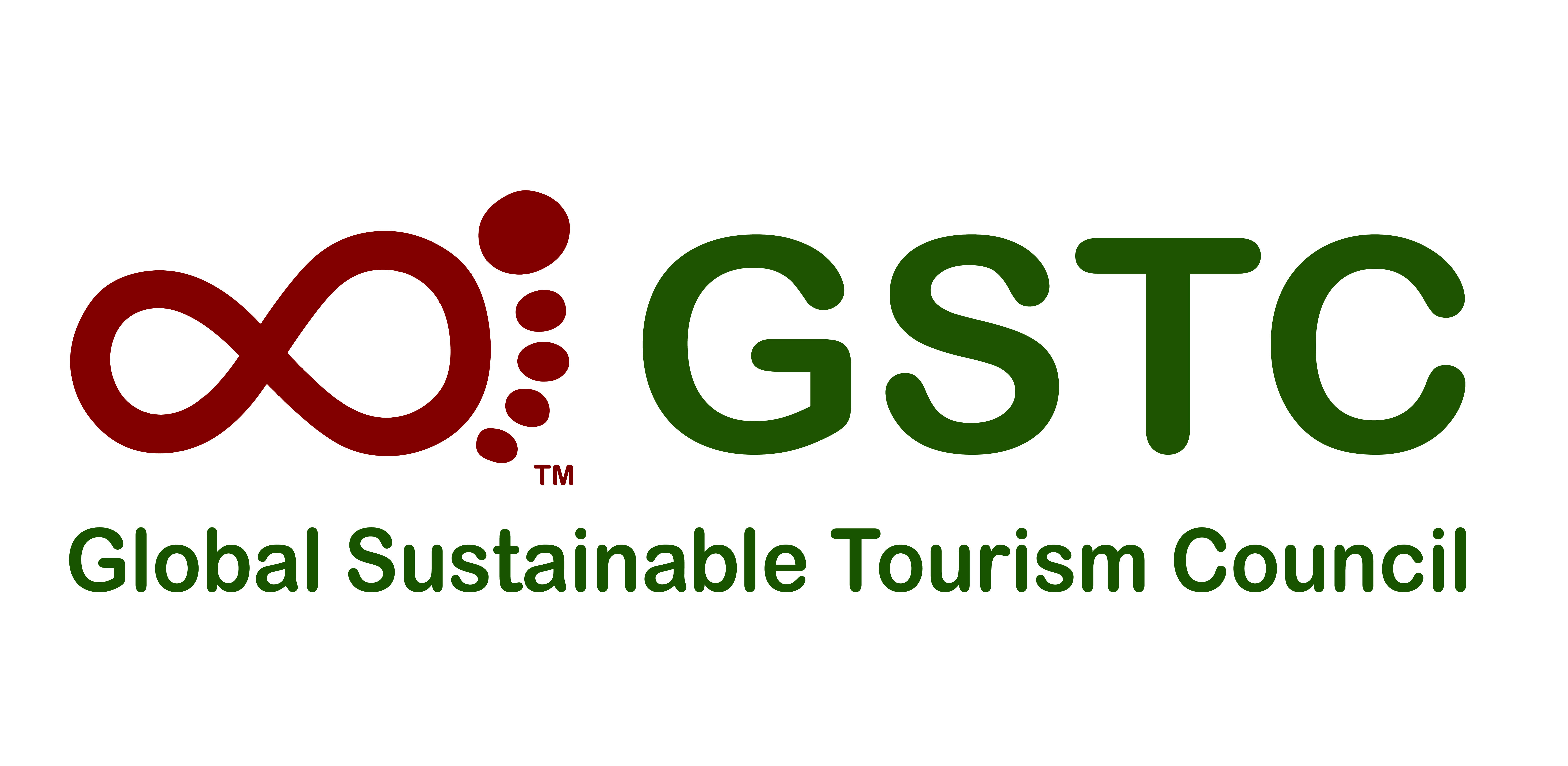Description
Major challenges have altered the status quo of tourism in Europe in the last years: COVID-19 pandemic, the climate crisis, geopolitical instability, the energy crisis, and widespread inflation. Concurrently, significant societal changes in work-life, movement, and recreational patterns are also affecting tourism dynamics and trends. The current tourism landscape is thus profoundly different than it was until 2019, and it is in strong need of finding new solutions and pathways to radically innovate while keeping local communities and the environment at the core of its strategies. Destination Management is the systematic management approach capable of guaranteeing a shared vision of long-lasting development for which integrating tourism international sustainability standards and approaches is essential. However, tourism lacks specific interdisciplinary and governance skills that generally refer to Sustainable Tourism Destination Management, while educational institutes lack curricula that foster the ability of students and professionals to lead the change towards sustainable tourism. Therefore, WeNaTour project, co-founded by the Erasmus+ Programme by the European Union, was developed with the aim to increase the capacity of educational institutes and businesses to integrate research results, innovative practices, and digitalisation into a first-class educational offer to foster sustainable tourism while supporting the creation of new products and services in emerging markets. It will do so by assessing innovation and market potential of novel niches; designing new services in two GSTC-certified Destinations; delivering high-quality multidisciplinary training embedding GSTC-certification; creating an international Alliance on Sustainable Tourism to replicate and exploit results and lead to tourism transformation and long-lasting impacts.
New challenges call for new skills: providing quality education for sustainable destination managers with the WeNaTour project.
Major challenges have altered the status quo of tourism in Europe in the last years: COVID-19 pandemic, the climate crisis, geopolitical instability, the energy crisis, and widespread inflation. Concurrently, significant societal changes in work-life, movement, and recreational patterns are also affecting tourism dynamics and trends. The current tourism landscape is thus profoundly different than it was until 2019, and it is in strong need of finding new solutions and pathways to radically innovate while keeping local communities and the environment at the core of its strategies. Destination Management is the systematic management approach capable of guaranteeing a shared vision of long-lasting development for which integrating tourism international sustainability standards and approaches is essential. However, tourism lacks specific interdisciplinary and governance skills that generally refer to Sustainable Tourism Destination Management, while educational institutes lack curricula that foster the ability of students and professionals to lead the change towards sustainable tourism. Therefore, WeNaTour project, co-founded by the Erasmus+ Programme by the European Union, was developed with the aim to increase the capacity of educational institutes and businesses to integrate research results, innovative practices, and digitalisation into a first-class educational offer to foster sustainable tourism while supporting the creation of new products and services in emerging markets. It will do so by assessing innovation and market potential of novel niches; designing new services in two GSTC-certified Destinations; delivering high-quality multidisciplinary training embedding GSTC-certification; creating an international Alliance on Sustainable Tourism to replicate and exploit results and lead to tourism transformation and long-lasting impacts.



Comments
Keywords: Destination Management, Education, Nature-based tourism, Capacity building